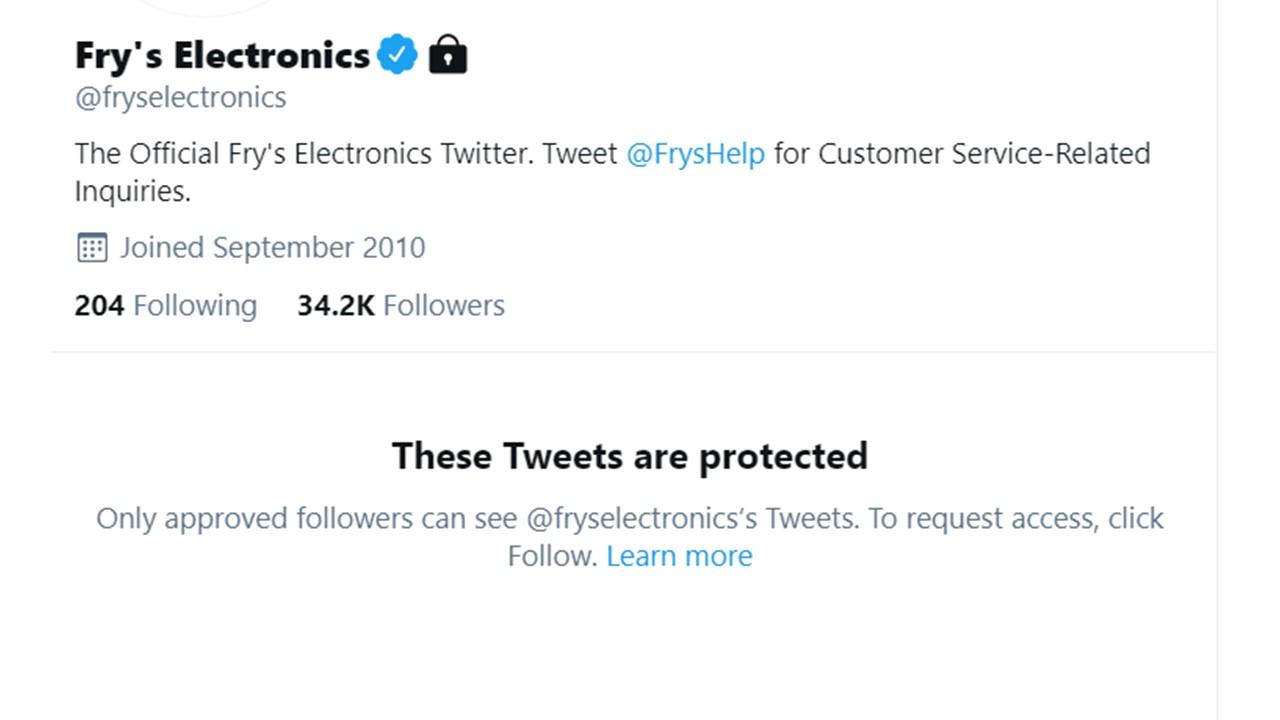With Fry's Electronics Closing, Is It Time to Go All In On E-commerce?
Brick-and-mortar isn't what it used to be, as Fry's Electronics knows. Should we pivot focus to e-commerce electronic stocks?
Feb. 24 2021, Updated 10:18 a.m. ET
A staple in Silicon Valley and beyond, Fry's Electronics has officially closed its retail chain from end to end. After the chain's 36 years in business, the story was confirmed by Bay Area news outlet KRON4.
The total number of stores they closed amounts to 31.
This comes at a time when e-commerce sales have been steadily increasing their market share, whittling down in-store retail sales. E-commerce sales growth reached 44 percent year over year in 2020, compared to a 5.7 percent growth for in-store sales during the same time period. Now, investors wonder whether e-commerce electronics stocks are worth paying attention to.
Why did Fry's Electronics close?
Fry's has been struggling over the last few years to maintain its long-standing success. It's likely that the COVID-19 pandemic pushed the already teetering company over the brink.
Consumers report Fry's efforts to incite sales using price match guarantees. They said retail shoppers could come in with evidence of a lower price for a product and they'd match it. Plus, the company made efforts to expand into kids' toys and "As Seen on TV" products, among other niceties. All of this was to no avail.
Full-time roles were already pretty much extinct in the Fry's world, but the company's official closing says a lot about the retail trajectory in the modern era. Brick-and-mortar is no longer the wave of the future.
Now, Fry's shuttered their social media accounts too. They shut down their Facebook page, and their Twitter account has been set to private. They've also gotten the dreaded past tense attribution on their Google snippet.
How other electronics stores are making the switch to online ordering
Best Buy (NYSE:BBY) is a consumer electronics company that has been around for 55 years. They've increasingly prioritized e-commerce, particularly since the outset of the pandemic. This is in addition to their curbside pickup efforts.
Best Buy shares increased 12 percent the first two weeks of February. They have since dropped another 4.96 percent, but they are still solidly in the green year to date. The company's web sales grew 242 percent in Q2 2020 to $4.85 billion, a trend that they've managed to align themselves with in the quarters since.
Amazon (NASDAQ: AMZN) is an obvious e-commerce competitor, including in the electronics space. By 2018, Amazon surpassed Best Buy and became the highest generating consumer electronics retailer in the U.S. with $41 billion in sales. In 2021, Amazon shares have struggled and seen a minor decline.
Walmart (NYSE:WMT) shares have also been on the dip since the start of the year. These bear runs make since, though, considering the sweeping struggles of tech stocks at the moment.
Fed Chair Jerome Powell made comments about a heightened unemployment rate and still-struggling economy, which has pumped fears of inflation and thus caused an exodus from technology stocks.
Historically, we know these bursts don't last forever, and investing in e-commerce electronics is a smart long-term move given consumer trends over the last decade.



